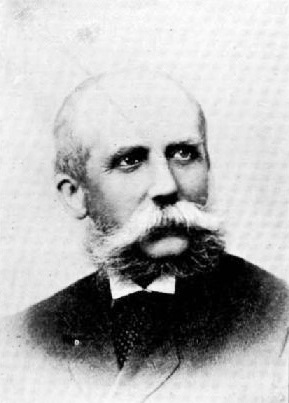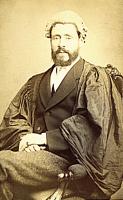Related Research Articles

Sir Simon William English is a New Zealand former National Party politician who served as the 39th prime minister of New Zealand from 2016 to 2017. He had previously served as the 17th deputy prime minister of New Zealand and minister of finance from 2008 to 2016 under John Key and the Fifth National Government.

The Highlanders is a New Zealand professional rugby union team based in Dunedin that compete in Super Rugby. The team was formed in 1996 to represent the lower South Island in the newly formed Super 12 competition, and includes the Otago, North Otago and Southland unions. The Highlanders take their name from the Scottish immigrants that founded the Otago, North Otago, and Southland regions in the 1840s and 1850s.

Dunedin Hospital is the main public hospital in Dunedin, New Zealand. It serves as the major base hospital for the Otago and Southland regions with a potential catchment radius of roughly 300 kilometres, and a population of around 300,000.
Otago was a New Zealand parliamentary electorate first created for the 1978 election, which was replaced by the Waitaki electorate and Clutha-Southland electorates for the 2008 election. Its last representative was Jacqui Dean of the National Party.
Awarua was a New Zealand parliamentary electorate from 1881 to 1996.
Bruce was a rural parliamentary electorate in the Otago region of New Zealand, from 1861 to 1922. For part of the 1860s with the influx to Otago of gold-miners it was a multi-member constituency with two members.
Taieri is a parliamentary electorate in the Otago region of New Zealand, initially from 1866 to 1911, and was later recreated during the 2019/20 electoral redistribution ahead of the 2020 election.
Waikouaiti was a parliamentary electorate in the Otago region of New Zealand, from 1866 to 1908.
Mataura was a parliamentary electorate in the Southland Region of New Zealand, from 1866 to 1946.
Hokonui was a parliamentary electorate in the Southland region of New Zealand, from 1881 to 1890.
City of Dunedin, during the first two parliaments called Town of Dunedin, was a parliamentary electorate in Dunedin in Otago, New Zealand. It was one of the original electorates created in 1853 and existed, with two breaks, until 1905. The first break, from 1862 to 1866, was caused by an influx of people through the Otago Gold Rush, when many new electorates were formed in Otago. The second break occurred from 1881 to 1890. It was the only New Zealand electorate that was created as a single-member, two-member and three member electorate.
Oamaru was a parliamentary electorate in the Otago region of New Zealand, during three periods between 1866 and 1978.
The 3rd New Zealand Parliament was a term of the Parliament of New Zealand. Elections for this term were held between 12 December 1860 and 28 March 1861 in 43 electorates to elect 53 MPs. Two electorates were added to this during this term, Gold Fields District and a new Dunedin electorate created by splitting the existing City of Dunedin into Dunedin and Suburbs North and Dunedin and Suburbs South, increasing the number of MPs to 57. During the term of this Parliament, six Ministries were in power.
The 4th New Zealand Parliament was a term of the Parliament of New Zealand.
William Archibald Murray was a 19th-century Member of Parliament in Otago, New Zealand. During his time in parliament, he moved to the Waikato.

Cuthbert Cowan was a 19th-century Member of Parliament from Southland, New Zealand.

Peter Thomas Finn was a barrister in Victoria, Australia and Invercargill, New Zealand. For a short time, he was a member of the Victorian Legislative Assembly for the electorate of Avoca.

The 2016 New Zealand local elections were triennial local elections to select local government officials and District Health Board members. Under section 10 of the Local Electoral Act 2001, a "general election of members of every local authority or community board must be held on the second Saturday in October in every third year" from the date the Act came into effect in 2001, meaning 8 October 2016.
The April 1865 Bruce by-election was a New Zealand by-election held in the multi-member electorate of Bruce during the 3rd New Zealand Parliament on 8 April 1865. It was triggered on 9 January that year by the resignation of separationist Thomas Gillies and won by prominent settler Arthur John Burns. The more liberal businessman William John Dyer was the sole other contester of the by-election, finishing with 43.33% of the vote.
References
- ↑ "Dunedin". Evening Post. 7 May 1869.
- ↑ "District of Wallace". Southland Times. 3 May 1869.
- ↑ "Lawrence". Bruce Herald. 22 September 1869.
- ↑ "Otago Daily Times (page down)". Otago Daily Times . 30 September 1869.
- ↑ "Wellington". Hawkes Bay Herald. 1 October 1869.
- ↑ "Local and General". Tuapeka Times. 2 October 1869.